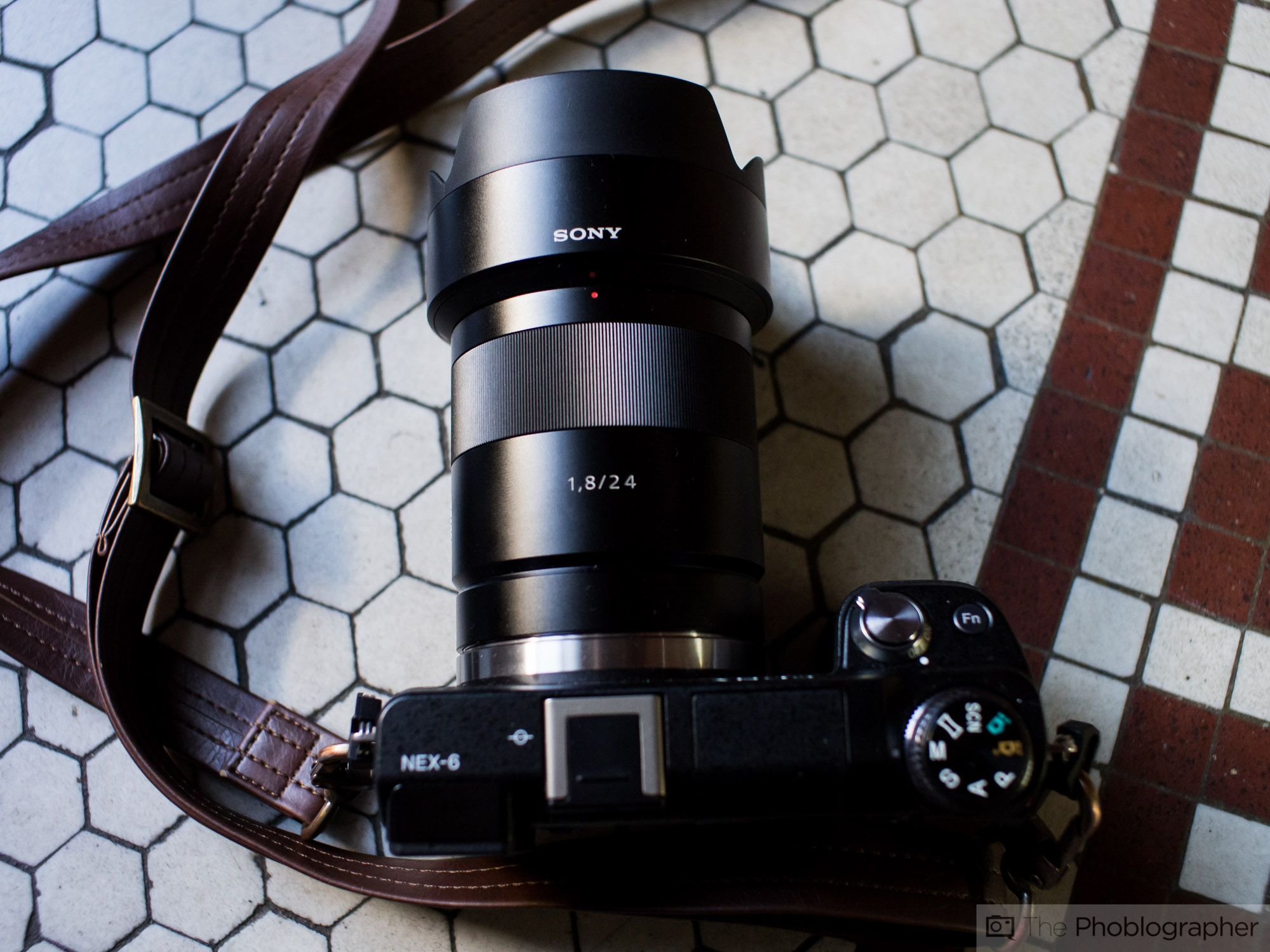
Photography is a truly liberating, meditative, and even cathartic practice for many. It is a gateway to connect with the world on a deeper level, not by merely observing its beauty but also by understanding its functions. It takes one to be in a certain frame of mind to ‘see’ these changes, and when you release the shutter, you feel at one with your surroundings in those few seconds. That feeling is intense; once you understand that, there is no going back. However, what happens when photography is no longer a cathartic practice but rather the opposite? If you feel the same, then let us tell you: you are a compulsive photographer. What are the signs? See below for yourself!
Let us first explain what the term ‘compulsive photographer’ actually means. This is when one feels an overwhelming urge to take photos, often to the point where it interferes with their daily life or social interactions. It is the desire to capture everything that is happening around you to a point where not taking a photograph results in restlessness or a point of guilt. The driving force behind this can be the need to ‘share’ what you see on social media or simply not lose a potential you saw in an image. Some of the other signs are:
- Obsessive behavior: You want to capture everything from sunsets to mundane objects or social gatherings. It is as if you are constantly on the lookout for the perfect shot, even in situations that may not seem practical at that time.
- Prioritize photography over everything else: This is when you begin to miss events, meetings, or even meals to go out and shoot more. Sometimes, you may take the extra mile and even forget about your well-being to capture a shot that’s ‘worth’ the views.
- Attachment unlike any other: You feel a sense of loss when you miss a photo or when there is a technical glitch that leads you to miss it. There is also only excitement when you are taking pictures over everything else.
- Affecting your social relationships: This may also lead to your friends and family being irritated with your habits. For instance, you may miss important events to focus on photography, which could be a personal project or an event. Furthermore, you don’t experience the moment but are too focused on preserving it.
- Always on social media: You can’t wait to share when you have captured and often give your followers close updates of what you are up to. You may also feel its the best to document every second of your life through images.
If you find yourself doing these things, then I am afraid to say that you are a compulsive photographer. For you, there is nothing better than photographing the present and then relieving it when you see the images. Honestly, that does not sound healthy, as it leads to a complicated relationship between yourself and the medium, as well as those around you.
How should you overcome this challenge? We have a few tips that may help you to reframe your goals:
- Identify the triggers: This is the moment of reflection and building self-awareness. What is causing this behavior? Is it the validation you get, or is it the fear of missing out? Once you identify these patterns, it will be easy to work on the solution.
- Set boundaries: First, try to allocate a certain time of the day to photography and then prioritize other activities. For instance, you shoot for two hours or so a day, and on the remaining day, you can contribute to other hobbies like reading, sports, or music.
- Quality over quantity: Remember that there are billions of images today. So, if you miss a shot, will that alter the course of your life? No. Then, it is better to let it go and be present in the moment. For instance, you do not need a thousand images from a Cold Play concert. A few to remember the day by are enough.
- Take a break: This means sometimes stepping away from photography and social media to relax. Your worth as a photographer will not diminish if you prioritize your mental health and well-being.
- Set realistic goals: Instead of aiming for perfection, focus on progress and learning. You must also celebrate your small achievements so that you do not need to seek validation from social media. At the same time, seek inputs from real photographers who can give you constructive feedback on your work.
- Reframe your perspective: This is very important. You need to see photography as a tool to capture a slice of the present, not the whole event, for yourself. Leave something for the imagination. Tell these stories in words, with a few images to be used as illustrations of that day. Lastly, enjoy the process of photography rather than just the outcome.
Being a compulsive photographer can be both a blessing and a curse. While you can capture truly beautiful images, you will also likely miss out on life. This is why striking a balance is the only way to become successful while also ensuring you get the best of both worlds.

